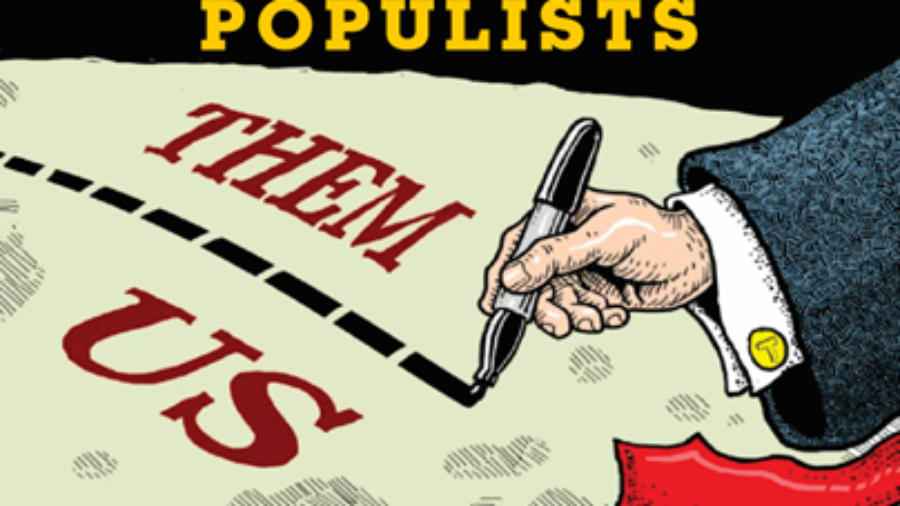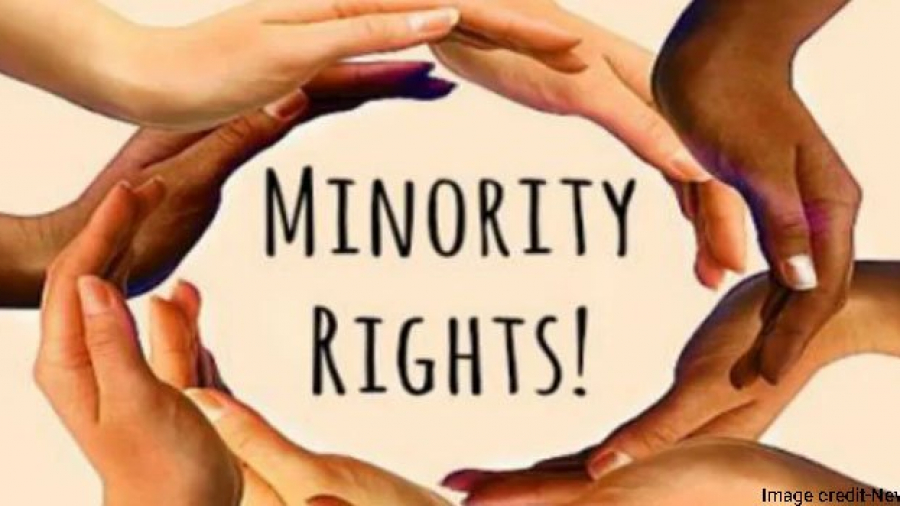In 2023, Khyber Pakhtunkhwa’s (KP) militancy landscape resembled the pre-2014 era, marked by heightened volatility. Unlike the pre-2014 period, the recent upsurge has different roots. Following the imposition of the National Action Plan (NAP), Pakistan Security Forces eradicated terrorism through military operations, eliminating terrorists. This success brought relief to the people, especially in KP, until August 2021—the fall of Kabul. With the Afghan Taliban (Imarat-e-Islami Afghanistan, IIA) assuming control of Afghanistan, Pakistan faces a resurgence of the same menace.
Following Operation Radd Ul Fasad, Zarb-e-Azab and various other impactful military operations, the remaining militant groups including Tehrik-e-Taliban Pakistan (TTP) along with its leadership relocated to Afghanistan. There they aligned with Afghan Taliban and fought against American forces. Despite the commitments made by Afghan Interim government under Doha agreement, assuring the world that Afghan soil would not be used against any other country. Nonetheless; feeling indebted, the Afghan Taliban are now reluctant to take action against TTP and other militants’ organization conducting terrorist activities within Pakistan from their safe sanctuaries in the bordering areas of Afghanistan. Not only Pakistan, but this reluctance and hostile position of Tehrik-e-Taliban Afghanistan (TTA) led Afghan government also irked other of its neighbours.
Two years have passed since Taliban takeover of Kabul. But despite the optimistic expectations from Pakistani state and people, cross-border terrorism is escalating day-by-day posing a substantial threat to Pakistan’s national security, stability and lives of its citizens and security forces. The southern districts of Pakistan, in close proximity to Afghanistan frontiers, bear most of the brunt of this cross-border terrorism.
The attack on a military post in Daraban in district DI Khan on the night of December 10 and 11, 2023, claimed by the Tehrik e Jihad e Pakistan (TJP), underscores the urgency addressing of cross-border terrorism. Since August 15, (fall of Kabul), DI Khan alone has experienced 63 militant attacks leading to approximately 125 casualties, primarily among Security Forces which represent a sharp contrast to the year before 2021. Not only DI Khan but also its adjoining southern districts witnessed a significant surge in militant attacks.
The conspicuous inference from the high-profiled attacks by militants, using sophisticated weaponry and gadgets, suggests perpetrators’ backing from a superior force. The evidences point towards the safe haven of militants in Afghanistan. This raises significant concerns and questions about the Afghan interim government’s conduct and its priorities regarding regional stability and future prospects of its relations with its immediate neighbours, especially Pakistan.
The responsibility of DI Khan attack has been claimed by Tehreek Jehad-e-Pakistan (TJP) which is a cover name employed by TTP to conceal its Afghan connection as TJP is portraying itself as Pakistan-based organization. However; fact remains, they are indeed part of TTP and are operating from Afghanistan.
So far, TJP took credit for seven of the deadliest attacks with in Pakistan mostly carried out against Pakistan Security forces. The pattern strongly suggests an agenda against Pakistan and indicates its links with the Tehrik-e-Taliban Pakistan residing in Afghanistan. Despite denials of collaboration by both the militant organizations, this consistent pattern of manipulation reflects a deliberate strategy to avoid public acknowledgment of their alliance.
The recent attacks serve as a stark reminder of the ongoing terrorism threat, posing a challenge to peace and stability in the region. Despite Pakistan’s unwavering commitment to combat terrorism, there is skepticism about the likelihood of the current administration in Kabul addressing Pakistan’s legitimate concerns. The perceived reluctance of the Kabul government to address these concerns not only fosters uncertainty but also provides an opportunity for Pakistan’s traditional adversaries to undermine its national morale. Surge in militant activities amid preparations for the upcoming general elections (8 Feb 2024) also raises concerns. Taking security actions against perpetrators within our western neighbor’s borders could be exploited for propaganda, potentially disrupting the democratic process during this crucial time. This will also allow other hostile countries including India to exploit diplomatic opportunities and portray Pakistan negatively.
The Afghan Taliban’s failure to uphold their commitments demands a proactive diplomatic approach from Pakistan. A robust strategy should focus on a quid pro quo: international recognition of the IEA regime in exchange for verifiable actions against TTP and its splinter groups on Afghan soil. Additionally, Pakistan should advocate for a multilateral, inclusive government in Kabul. Pakistan’s move to repatriate illegal Afghan refugees is a positive step, especially when faced with Afghanistan’s apparent disinterest in mutual cooperation and regional stability. Pakistan should also engage with Afghan Interim government using formal channels regarding the issues of cross-border terrorism threats, border security, biliteral trade.
The trajectory of Pakistan-Afghanistan relations in the future hinges on a multitude of factors. Primarily, the pivotal determinant is the extent to which Afghanistan takes concrete steps to assuage Pakistan’s concerns related to cross-border terrorism. This involves a proactive approach in containing militant entities, particularly the Tehrik-i-Taliban Pakistan (TTP), and preventing the use of Afghan territory as a base for launching attacks against Pakistan. Beyond security considerations, the prospects of a positive bilateral relationship are intrinsically tied to collaborative efforts aimed at enhancing communication, fostering trust, and promoting economic cooperation. The diplomatic landscape will significantly ben efit from a multifaceted approach that addresses these core issues, ultimately paving the way for a more stable and mutually beneficial relationship between the two nations.






